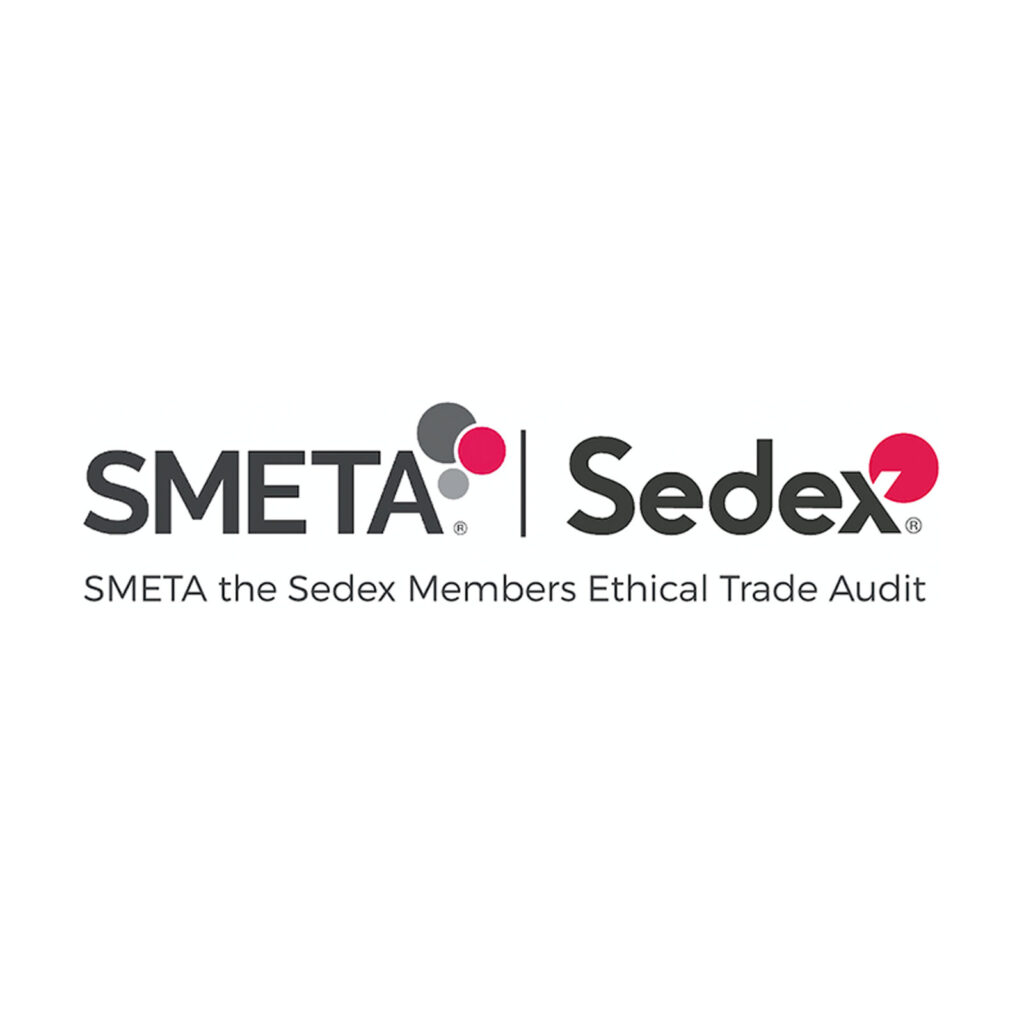SMETA (Sedex Members Ethical Trade Audit) Certification is a supply chain ethical auditing standard developed by Sedex (Supplier Ethical Data Exchange).
It is widely used around the world to assess and improve corporate social responsibility (CSR) practices in companies and suppliers.
One of the key advantages of SMETA Certification is that it is recognized by many large global companies as an acceptable standard for the ethical auditing of suppliers. This means that if a company is SMETA certified, it can be considered eligible to work with these global companies, which can be a great business opportunity.
Another advantage is that SMETA Certification is highly adaptable. It can be used to evaluate companies and suppliers in all industries and sizes, from small local companies to large global corporations. In addition, it can also be used in conjunction with other standards and management systems, such as the ISO 14001 standard for the environment and the OHSAS 18001 standard for health and safety.



In summary, SMETA Certification is an important tool for companies in the textile and clothing manufacturing industry to evaluate and improve their ethical practices and social responsibility. It can be used to ensure safe and fair working conditions for workers and help companies comply with applicable regulations and laws. It is important that companies continue to monitor and improve their ethical practices and social responsibility even after achieving SMETA certification.
KNOW MORE